LATEST INSIGHTS
Your Present Location: LATEST INSIGHTS-
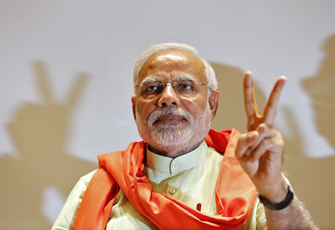
Ding Gang: Pros and cons of Modi as a strong politician
Indian Prime Minister Narendra Modi's thumping victory on May 23 reflects the power of nationalism in an ascendant nation. Such a sentiment led voters to re-elect Modi and vest their future in him.
2019-05-30 -
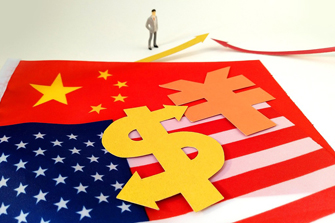
He Weiwen: Trade conflict suggests hard times ahead
The escalating China-US trade friction is unprecedented in the history of bilateral relations. True, when trade begins, trade friction begins, too. And the history of China-US relations since the establishment of diplomatic relations in 1979 has been a history of bilateral trade frictions. But the trade frictions in the 1980s were relatively small and less damaging.
2019-05-30 -

Huawei Threat Artificially Inflated by Radical US Politicians
The United States, while urging other countries to join sanctions against Huawei, is dividing the global community. As a result, the rest of the world unwittingly has become a hostage to the situation, and many American partners find themselves in an uncomfortable position.
2019-05-29 -
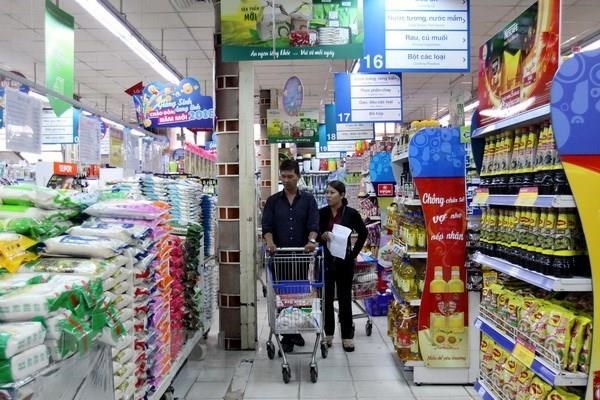
Vietnam advised to stimulate domestic consumption
The escalating US-China trade war has affected many other countries, including Vietnam, said Prof. Liu Ying of the Chongyang Institute for Financial Studies under the Renmin University of China.
2019-05-29 -

Huawei Threat Artificially Inflated by Radical US Politicians
The United States, while urging other countries to join sanctions against Huawei, is dividing the global community. As a result, the rest of the world unwittingly has become a hostage to the situation, and many American partners find themselves in an uncomfortable position.
2019-05-29 -
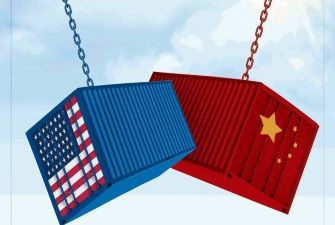
The "May 4" Spirit: Why China Refuses to Surrender on Trade
With China-US trade negotiations suffering a new setback, international public opinion is increasingly pessimistic about the prospect of the two countries reaching an agreement and concluding the trade war. The Trump administration has not only decided to raise tariffs on about $200 billion worth of Chinese exports from 10 percent to 25 percent, but is also preparing to impose a 25-percent tariff on another $320 billion worth of goods. The Chinese side has announced it will take necessary retaliatory measures in response. Chinese official media outlets, such as the People's Daily, have published a series of articles, emphasizing that China is not afraid of US pressure, and will fight till the end if the US wants to continue the trade war. Beijing's rseponse was tougher than expected.
2019-05-28 -

Macao finds new prosperity in diversifying industries
When thinking of Macao, many people still have the impression of "Las Vegas of Asia", but ignore its diversity as a special administrative region of China.
2019-05-28 -
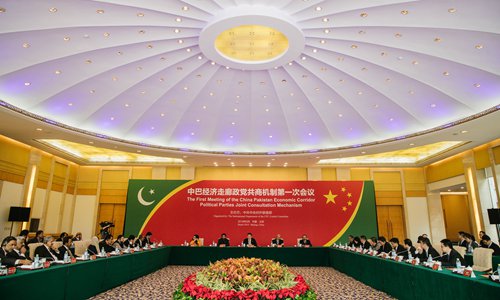
Projects agreed to boost ties as Chinese VP visits Pakistan
China-Pakistan cooperation in the next phase will focus more on benefiting people through local projects that improve livelihood along the China-Pakistan Economic Corridor (CPEC), Chinese experts said on Monday as Chinese Vice President Wang Qishan was visiting Pakistan and the two countries boosted their cooperation on multiple projects.
2019-05-28 -

Wu Xiaoqiu: Critical stage of development
China should apply what it has learned from 40 years of reform and opening-up so that it can successfully overcome the present challenges
2019-05-27 -
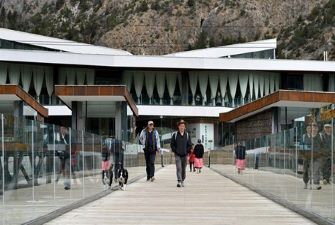
US 'blind’ to China’s help for Tibet Autonomous Region
As his trip to Tibet ended Saturday, US Ambassador to China Terry Branstad made unconstructive remarks that interfered with China's internal affairs, Chinese observers noted Sunday, saying that the US is blind to the successful development of the region.
2019-05-27 -
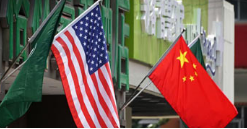
Wang Wen: Time is on China’s side in trade talks with US
The US recently acted unilaterally to impose tariffs on Chinese exports. The international community generally believes that imposing tariffs will not solve problems and will have a negative impact on the world economy.
2019-05-24 -

Zhao Minghao: Better to stop the trade conflict before it's too late
In addition to announcing a 25-percent tariff on almost all Chinese exports to the U.S., Washington has gone all out to campaign against China's Huawei and tried to cut off U.S. companies' supply of high-tech products to China.
2019-05-24 -

Chen Dingding: 3 Ways China Can Make the Belt and Road Initiative More Successful
As a midsize European country, Italy is keeping a subtle balance between the European Union and China since its signing of a memorandum of understanding on joining Beijing’s Belt and Road Initiative (BRI). Understandably, this member of the G-7 might bear a great amount of multidimensional pressure and skepticism from outside due to the divided interpretations of the BRI within Europe, as well as the fact that Italy’s participation could somehow dilute the U.S. influence in the region.
2019-05-23 -
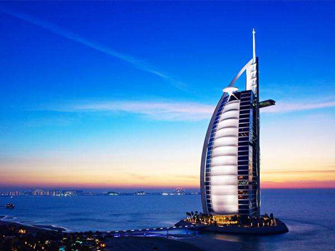
Ding Gang: Dubai shows openness is key to success
Economics observers always doubt the development of Dubai. They would keep asking questions about sustainability, even though the most open and prospering city in the Middle East, which has used energy to continue developing, has showcased strong momentum for development.
2019-05-23 -
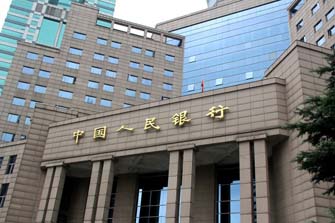
PBOC says it can handle uncertainties
The Chinese monetary authority is prepared to counter shocks disturbing the domestic financial market amid trade tensions, as central bank officials expressed their confidence to stabilize market sentiment on Friday.
2019-05-23 -

US accusation against Chinese-made drones groundless
China's largest drone-maker DJI said on Tuesday its customers have full and complete control over how their data is collected, stored and transmitted, in response to US government accusations of the company sending sensitive data to China.
2019-05-22 -

US accusation against Chinese-made drones groundless
China's largest drone-maker DJI said on Tuesday its customers have full and complete control over how their data is collected, stored and transmitted, in response to US government accusations of the company sending sensitive data to China.
2019-05-22 -
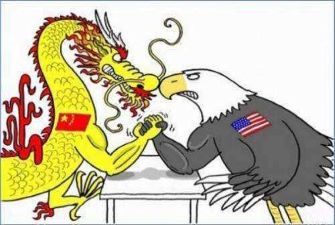
China hits back at US threats, vowing ‘necessary’ countermeasures
China on Wednesday night hit back at repeated threats by US officials to slap higher tariffs on billions of dollars' worth of Chinese goods, vowing that it will take "necessary" countermeasures if forced.
2019-05-21 -

Passing of Pei sparks works’ admiration
Chinese American architect I.M. Pei died at 102 on Thursday. Tributes have been pouring in from Chinese netizens, hailing him as an example of integration of Eastern and Western civilizations.
2019-05-21 -
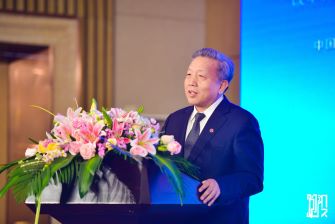
County in Hebei province eyes innovative future
Gu'an, a county in China's Hebei province, 50 kilometers away from Beijing's Tiananmen Square, is looking to build an innovation-driven county. Aiming to become a home for high-tech companies, the county announced a plan to create the Beijing South Science and Technology Innovation Valley, comprising an area of 6.4 square kilometers, with China Fortune Land Development Co, during the Beijing-Tianjin-Hebei Forum of the Science and Technology Innovation Board held on Friday.
2019-05-20
























































































 京公网安备 11010802037854号
京公网安备 11010802037854号





